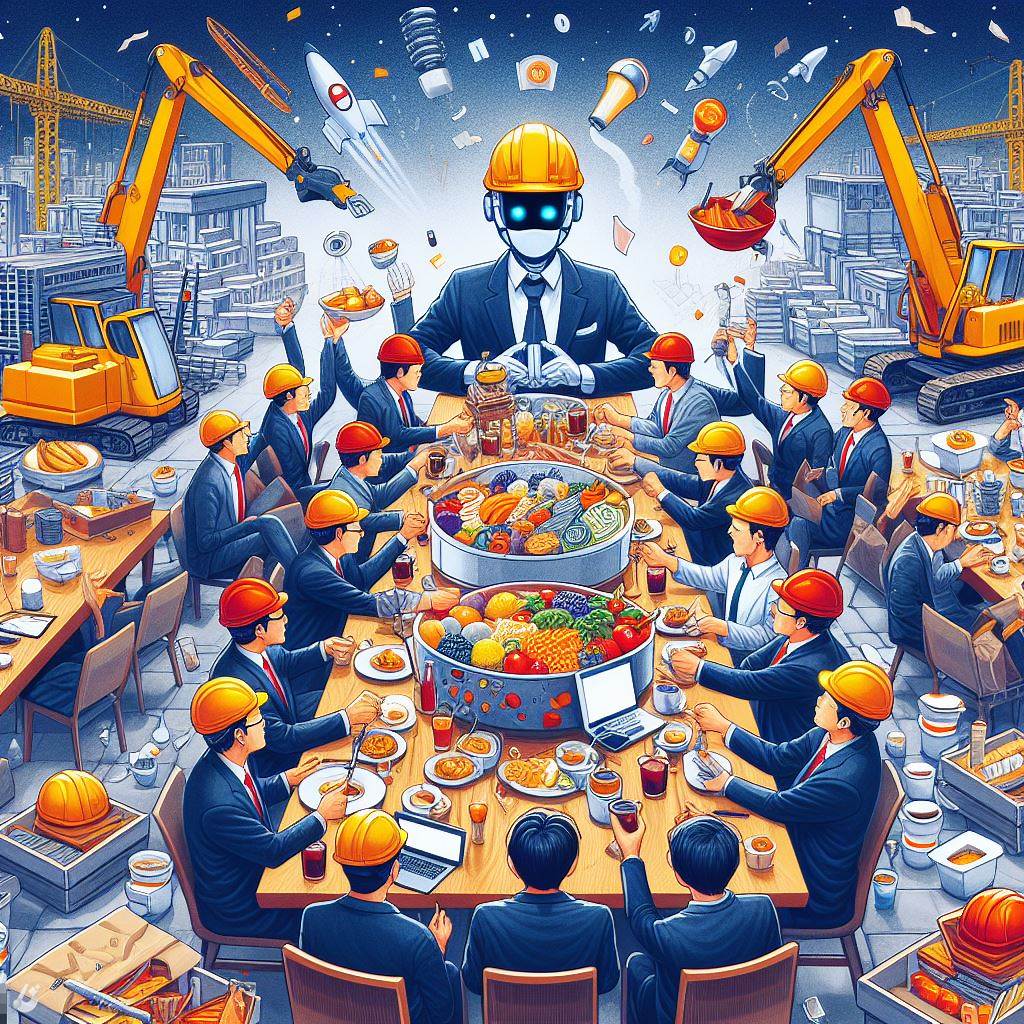
In 2023, a notable shift occurred as workers across industries, from Hollywood to Silicon Valley, pressed for increased influence over the integration of artificial intelligence (AI) in their workplaces. Notably, Hollywood screenwriters, after a prolonged strike, successfully imposed new constraints on AI usage for content generation. However, concerns loom over the technology advancing faster than the regulatory frameworks, prompting questions about the effectiveness of this labor-driven push.
Microsoft and AFL-CIO Partnership: Navigating the AI Terrain
Microsoft and the AFL-CIO, representing over 12.5 million workers, recently announced a partnership aimed at expanding workers' involvement in AI-related decisions. AFL-CIO President Liz Shuler highlighted the collaboration's focus on "worker-centered design, workforce training, and trustworthy AI practices." The partnership, although short on specifics, includes "learning sessions" with labor leaders facilitated by Microsoft's AI experts. It also outlines plans to propose new AI upskilling policies to Congress.
Seth Harris, a law and policy professor at Northeastern University, emphasized the importance of education and dialogue, stating, "Workers must have power in any relationship that involves them sitting down to discuss difficult topics." The key feature of the agreement is Microsoft's commitment to remain neutral in labor organizing, resembling the framework established with Activision Blizzard, a company it recently acquired.
Mixed Reactions and Unanswered Questions
While the partnership has garnered praise, questions linger about its impact. Kate Bronfenbrenner, director of labor education research at Cornell University, expressed optimism but raised concerns, asking, "Are workers actually going to have a say over AI?" She questioned the potential outcomes if workers find AI implementation problematic and whether companies would halt such initiatives.
Workers' Stand Beyond Tech: Hollywood Unions Negotiate AI Contracts
In the entertainment industry, screenwriters and actors negotiated contracts limiting the use of AI in script and virtual performer generation. These concessions, coinciding with the renegotiation of major Hollywood unions' contracts, were hailed as groundbreaking. However, criticisms arose, with some actors desiring stronger restrictions on the use of their likenesses to train AI models.
AI's Impact Beyond Entertainment
A forthcoming Nielsen survey of 3,000 U.S. workers revealed conflicting sentiments about AI's future impact. While some anticipate AI tools making their jobs easier, more than half expressed concerns about reduced professional opportunities. Charlene Polite Corley of Nielsen noted that the Microsoft-AFL-CIO partnership could potentially address worries by promoting socioeconomic diversity in AI development.
Government Stance and Ongoing Challenges
The White House, acknowledging the historic surge in worker organizing, expressed support for workers having a say in AI development and usage. Muneer Ahmad, senior counsel to the secretary at the Department of Labor, sees the Microsoft-AFL-CIO pact as a potential model for other labor-management partnerships. Nevertheless, labor advocates face challenges in navigating the proliferation of AI tools, particularly those focused on surveillance and productivity improvement, raising questions about their impact on workers across various industries.